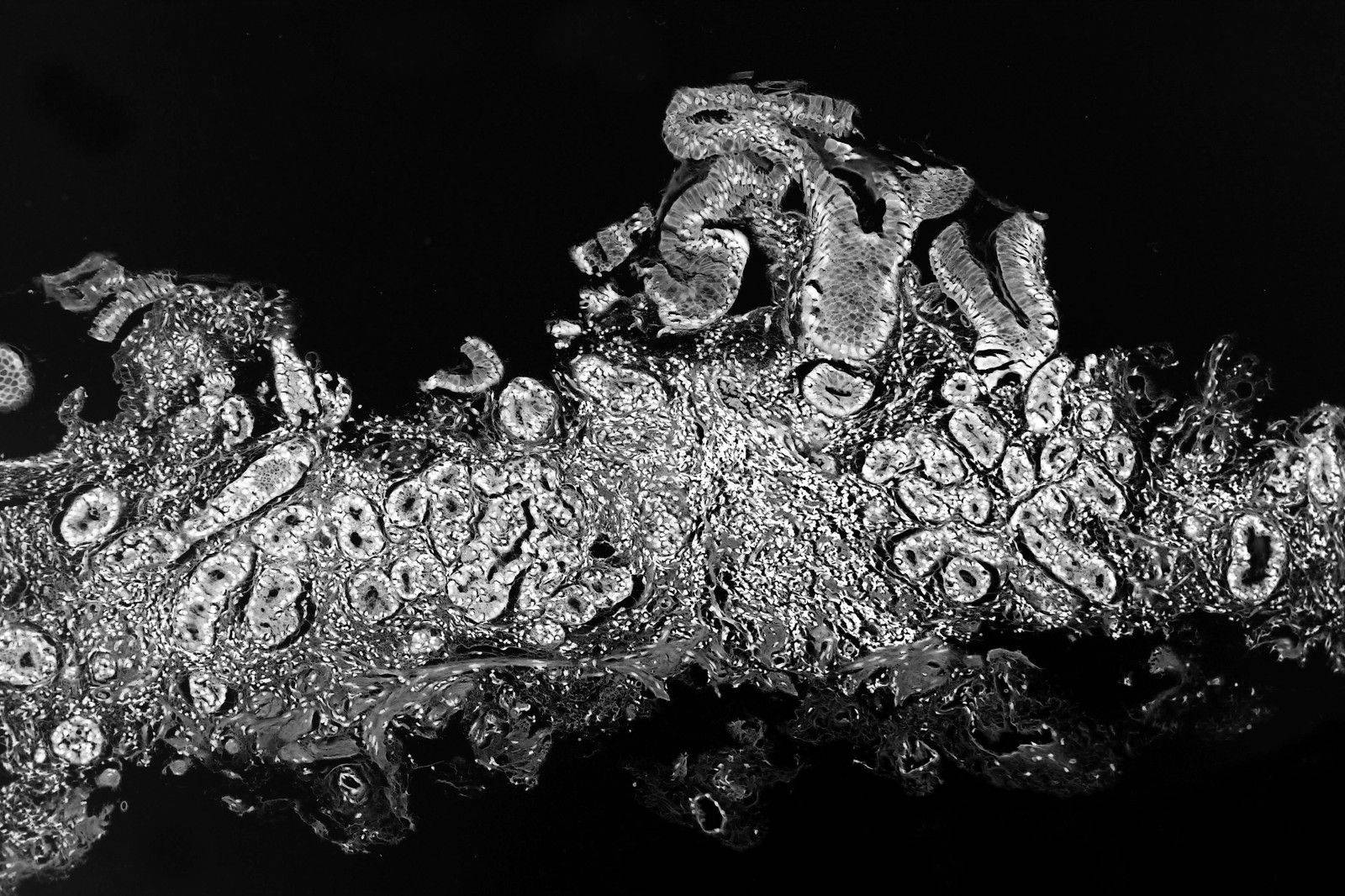The virus has become the widespread metaphor for all of our nightmares
– Roberto Esposito, Terms of the Political, 2008
While not unexpected, the coronavirus pandemic has taken the whole world by surprise. We inhabit currently the margin of rationality and absurdity at the same time, oscillating between fear and hope, pessimism and optimism, paranoia and solidarity. The small space of the homelands in which we are confined – for those who have one – can soothe, protect but also suffocate and even literally kill some of us. For some it can open paradoxically vast horizons of thoughts and affects. Most of our thoughts and affects are focused around health and safety for ourselves and for our loved ones, but also around our very existence as a human community and our future. We feel the fear of losing community as much as we feel being in community. We feel as attached to the other as much as we feel detached. Much has been written these days about this ambivalence from different perspectives, but here I would like to think it through with the Italian philosopher Roberto Esposito [i].
In the last two decades, Esposito has written extensively about the paradigm of immunization and its relation to community. Embedded within a critical tradition of theorizing of the notion of biopower, the paradigm of immunization can shed light on better understanding the attempts that are made to draw a mark between self and other, normal and pathological, order and disorder, especially in times of crisis and anxiety. Esposito’s particular thesis is that immunity (immunitas) is a reaction to community (communitas). Rather differently from others who have focused on the first part of the root of community (cum) to define it as something which we share and have in common, Esposito focuses on the second part of the word. Munus on the one hand translates as a task, duty, law or obligation, and on the other hand as a gift (a gift that is given). Given that munus is something that community and immunity share, focusing on this part of the root enables Esposito to make a clear conceptual link between the two.
Community thus is not constituted by a group of individuals who have a common identity, which is the usual way we think and talk about community. Communitas is the exact opposite, since members of the community are bound together by a munus, a debt towards each other. According to Esposito, one cannot base a philosophy of community on a metaphysics of the individual, as community constitutes us from within: we are the other. Esposito argues, “community is not as Rousseau claimed, something to which we must return, nor is it, as Kant claimed, something to which we must aspire. Nor is it, as Hobbes thought, something to destroy, something destructible. Community is neither origin nor a telos. Community is neither a goal nor an end, neither a presupposition nor a destination, but the condition, both singular and plural, of our complete existence” (Terms of the Political, 2013, 36).
Having made these essential points about community, Esposito goes on to uncover the relationship between community and immunity which passes through the munus. For Esposito we have to think the idea of community and that of immunity as reciprocal. When defined as a common obligation towards one another, as a giving up of the proper, community exposes each of us to a contact with another, in the face of which a process of immunization is activated. If the members of the communitas are bound by the law, the duty, or by the gift to give, immunis is the one who is exempt or exonerated from all of these. Immunis is the one who has no obligations towards the other and can therefore preserve one’s own essence intact as a subject and owner of oneself. By immunization, Esposito understands a “progressive interiorization of exteriority” writes Vanessa Lemm in her introduction to the Terms of the Political: “Immunization is therefore understood as a frontier, a dividing line, a term or limit (of the political) that protects individual life from the demands of the community” (Terms of the Political, 2013, 4).
Initially, as Esposito shows, from a terminological aspect and way of thinking that started in the law, immunis has extended to all spheres of social life, health, economics, and politics. In biomedical language, immunity refers to a protection against an infectious disease, in the juridical lexicon immunity represents a safeguard that makes someone beyond the common law, in politics immunity refers to someone who can avoid being sued without consent. In all of these cases, immunization refers to a particular situation that protects someone from the risks to which the community is exposed. In other words, the person who is shielded from the obligations and the dangers that affect all others is immune (Terms of the Political, 2013, 58). Esposito highlights the rise of this way of existence into a paradigm, by arguing that: “Viruses, both symbolic and real reemerged and seemed invincible; real demons capable of working their way inside us and dragging us into their void of no-sense. At that point, the demand for immunity grew massively until it became our fundamental commitment, the very form that we gave our lives.” (Terms of the Political, 2013, 60).
Esposito in 2008 was not writing about the coronavirus or its pandemic effects, but he has provided us with a useful way of thinking about and understanding this phenomenon. Esposito’s analysis was refreshing then as it now, for reinforcing the importance of theorizing biopolitics, and especially for pointing how immunity is necessary for the protection of life. But by analyzing the reciprocity between immunity and community, Esposito also highlighted the risks of taking the immunization paradigm too far. He states that while immunity in itself is necessary for the protection of life and safeguards the individual and collective body, the terrible contradiction that we ought to focus on is that what seems to safeguard the individual and collective body appears to be the same thing that slows down its development, blocking its growth and beyond a certain point, destroying it. “Immunization in high doses means sacrificing every form of qualified life, for reasons of simple survival; the reduction of life to its bare biological layer” (Terms of the Political, 2013, 61).
Esposito point especially at the autoimmunitary effects of the radicalization of immunity, in which the immunitary system becomes so strong that it turns against the very mechanism it should defend. The "self" essentially is perceived as "other", leading to self-destruction. In other words, when immunity systems grow out of proportion, they force the organism and the social body either to explode or implode. At the most obvious level, the lockdown measures, the closing of the national borders, and the surveillance mechanisms unleashed during these weeks to contain the pandemic testify to the importance of the contradiction Esposito is writing about. It asks for paying constant attention to the losses and gains, to the balance and equilibrium between immunity and community.
But the fact that the immunization required during the pandemic surpassed individuals, cities, nation states, continents, and was instead required or called for in the name of preserving global community proved that perhaps we have reached another moment of biopolitical possibility. It must be made clear that for Esposito the biopolitical turn is irreversible, and we have only to rethink a model of democracy compatible with it. There is nothing more global than human life and nothing more global than biopolitics. The pandemic has shown us how related these two concepts are: community imposes the practice of immunization but immunization serves to preserve the community. According to Esposito under this new condition “a single destiny binds the world, the whole world, and its life. Either the world will find a way to survive together, or it will perish as one.” (Terms of the Political, 2013, 76). In this single and common destiny, we can act capriciously pushing and complaining about limits and obstacles, trying to gather power to surpass them, or we can recognize our finitude and build our social, economic, and political systems around that understanding and acceptance of limits. The change in view has to first happen in our heads before it takes place in the real world (Terms of the Political, 2013, 133).
References
[i] Roberto Esposito (2013). Terms of the Political: Community, Immunity, Biopolitics. New York: Fordham University Press. The work was originally published in Italian as Roberto Esposito (2008). Termini della politica: Comunità, immunità, biopolitica. Mimesis Edizioni.
Acknowledgements
Cover photo "Autoimmune atrophic gastritis (H&E)" by CoRus13 is licensed under CC BY-SA 4.0

